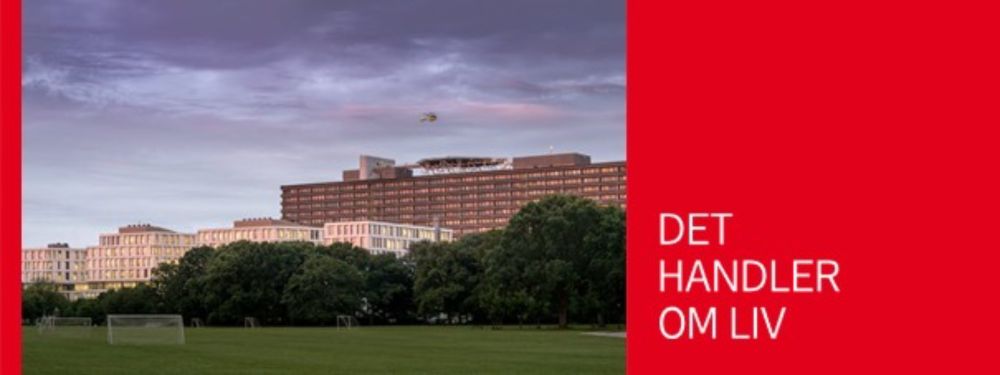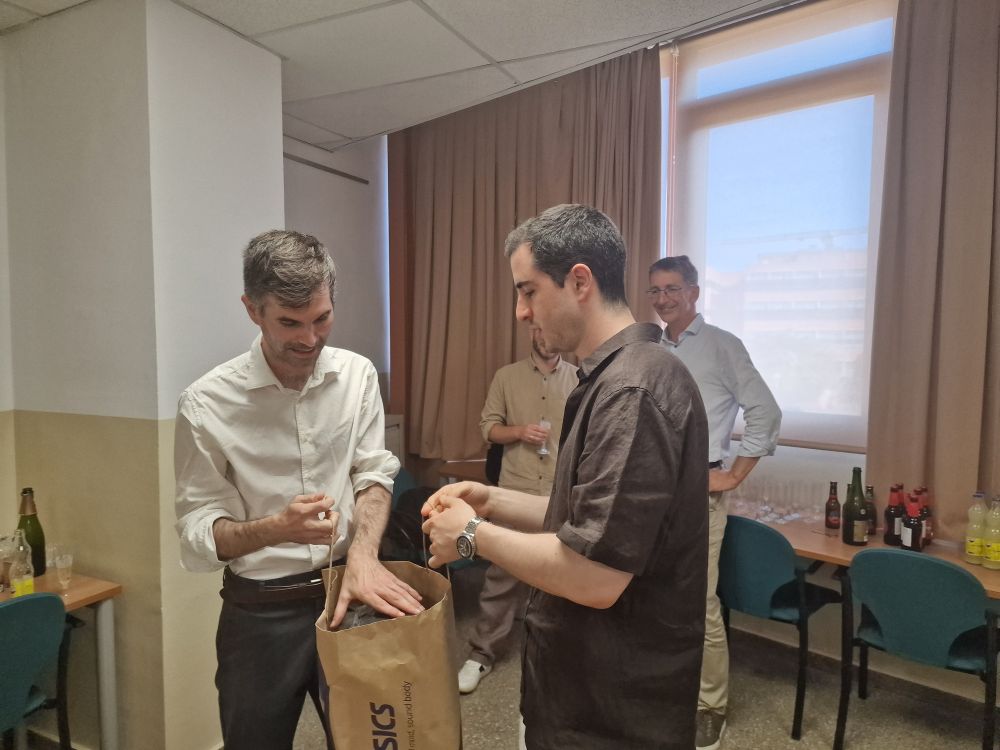Fran Supek
@fransupek.bsky.social
320 followers
470 following
17 posts
🧬Genetics geek, 🤖AI enthusiast. PI @GenomeDataLab studying DNA repair, mutations, epigenome & NMD. 2xERC, professor @bric-ucph.bsky.social, GL @irbbarcelona.org. 🎲Chaotic good.
Posts
Media
Videos
Starter Packs
Reposted by Fran Supek
Fran Supek
@fransupek.bsky.social
· Jun 3
Bo Porse
@porsebo.bsky.social
· Jun 3

Tenure-track Research Group leader position in translational cancer research at the Finsen Laboratory, Rigshospitalet, Copenhagen University Hospital
A group leader position at the Finsen Laboratory, Rigshospitalet, Copenhagen University Hospital is open for appointment as soon as possible. The position is av
candidate.hr-manager.net
Fran Supek
@fransupek.bsky.social
· May 14

DiffInvex reveals how cancers rewire driver genes to beat chemotherapy
Just as species adapt over generations, our body’s cells accumulate DNA changes throughout life. Most are harmless, yet a few “driver” mutations give a cell a competitive edge and can spark cancer. Ch...
www.irbbarcelona.org
Fran Supek
@fransupek.bsky.social
· May 14
Fran Supek
@fransupek.bsky.social
· May 14
Fran Supek
@fransupek.bsky.social
· May 14

DiffInvex identifies evolutionary shifts in driver gene repertoires during tumorigenesis and chemotherapy - Nature Communications
Identifying mutations in cancer that are causal for resistance to chemotherapy remains challenging. Here, the authors develop DiffInvex, a computational framework to identify conditional selection on ...
doi.org
Fran Supek
@fransupek.bsky.social
· May 12

Fri forskning styrkes med 52 banebrydende projekter
52 talentfulde forskere skal med deres nyskabende og excellente forskningsprojekter løfte dansk forskning til nye højder. Danmarks Frie Forskningsfond har netop uddelt 318 millioner kroner til forskni...
dff.dk
Fran Supek
@fransupek.bsky.social
· May 12

Copy number losses of oncogenes and gains of tumor suppressor genes generate common driver mutations - Nature Communications
Inferring the emergence and selection of cancer drivers remains a daunting task. Here, the authors develop MutMatch, a statistical method to analyse somatic mutation rates and estimate conditional sel...
nature.com
Fran Supek
@fransupek.bsky.social
· May 12














